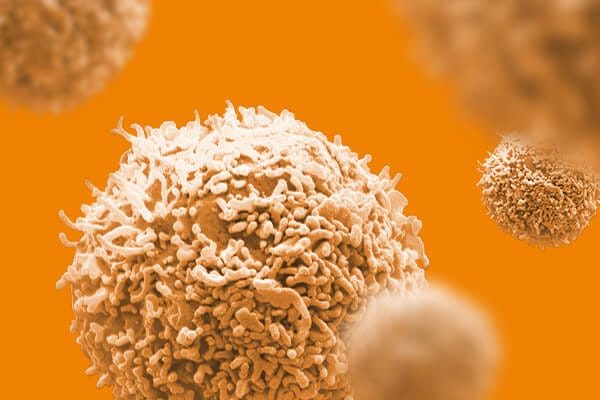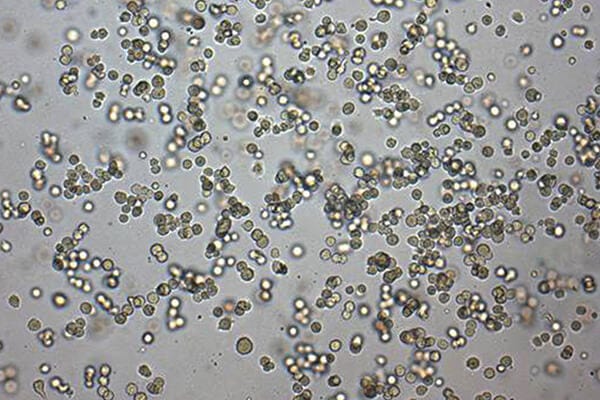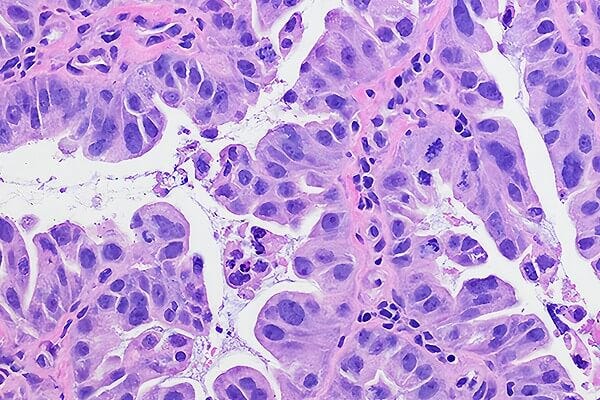Cyclic adenosine monophosphate (cAMP)-dependent phosphodiesterase (PDE) inhibitors such as pentoxifylline (PTX) suppress cAMP degradation and promote cAMP-dependent signal transduction. PDE inhibitors increase bone formation and bone mass in preclinical models and are used clinically to treat psoriatic arthritis by targeting inflammatory mediators including activated T cells. T cell activation requires two signals: antigen-dependent CD3-activation,which stimulates cAMP production; and CD28 co-stimulation,which downregulates cAMP-signaling,through PDE activation. PDE-inhibitors consequently suppress T cell activation by disrupting CD28 co-stimulation. Interestingly,we have reported that when CD8+ T cells are activated in the absence of CD28 co-stimulation,they secrete Wnt-10b,a bone anabolic Wnt ligand that promotes bone formation. In the present study,we investigated whether the bone anabolic activity of the PDE-inhibitor PTX,has an immunocentric basis,involving Wnt-10b production by CD8+ T cells. When wild-type (WT) mice were administered PTX,biochemical markers of both bone resorption and formation were significantly increased,with net bone gain in the axial skeleton,as quantified by micro-computed tomography ($\mu$CT). By contrast,PTX increased only bone resorption in T cell knockout (KO) mice,causing net bone loss. Reconstituting T cell-deficient mice with WT,but not Wnt-10b knockout (KO) CD8+ T cells,rescued bone formation and prevented bone loss. To study the role of cAMP signaling in Wnt-10b expression,reverse-transcription polymerase chain reaction (RT-PCR) and luciferase-reporter assays were performed using primary T cells. PDE inhibitors intensified Wnt-10b promoter activity and messenger RNA (mRNA) accumulation in CD3 and CD28 activated CD8+ T cells. In contrast,inhibiting the cAMP pathway mediators protein kinase A (PKA) and cAMP response element-binding protein (CREB),suppressed Wnt-10b expression by T cells activated in the absence of CD28 co-stimulation. In conclusion,the data demonstrate a key role for Wnt-10b production by CD8+ T cells in the bone anabolic response to PDE-inhibitors and reveal competing T cell-independent pro-resorptive properties of PTX,which dominate under T cell-deficient conditions. Selective targeting of CD8+ T cells by PDE inhibitors may be a beneficial approach for promoting bone regeneration in osteoporotic conditions. {\textcopyright} 2022 The Authors. JBMR Plus published by Wiley Periodicals LLC on behalf of American Society for Bone and Mineral Research.
View Publication


 EasySep™小鼠TIL(CD45)正选试剂盒
EasySep™小鼠TIL(CD45)正选试剂盒





 沪公网安备31010102008431号
沪公网安备31010102008431号